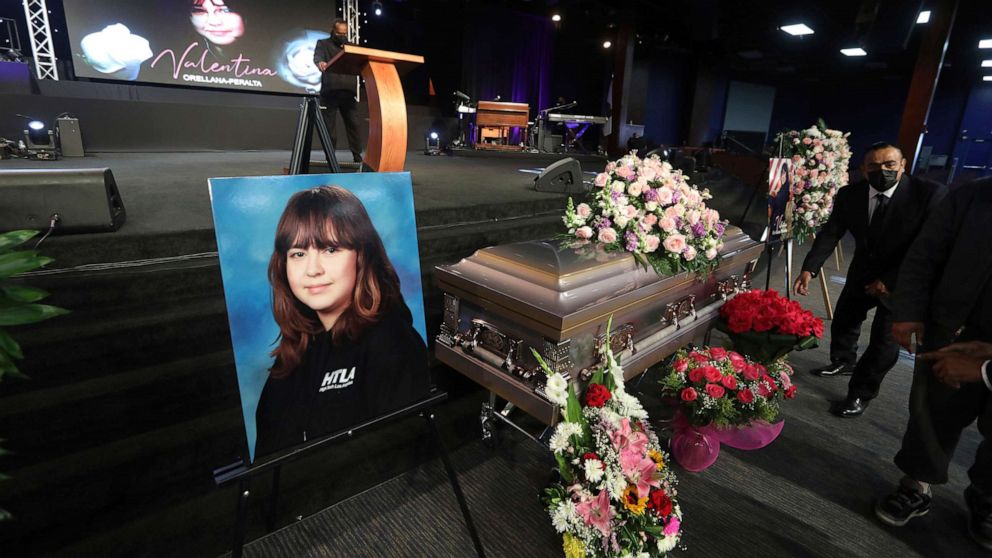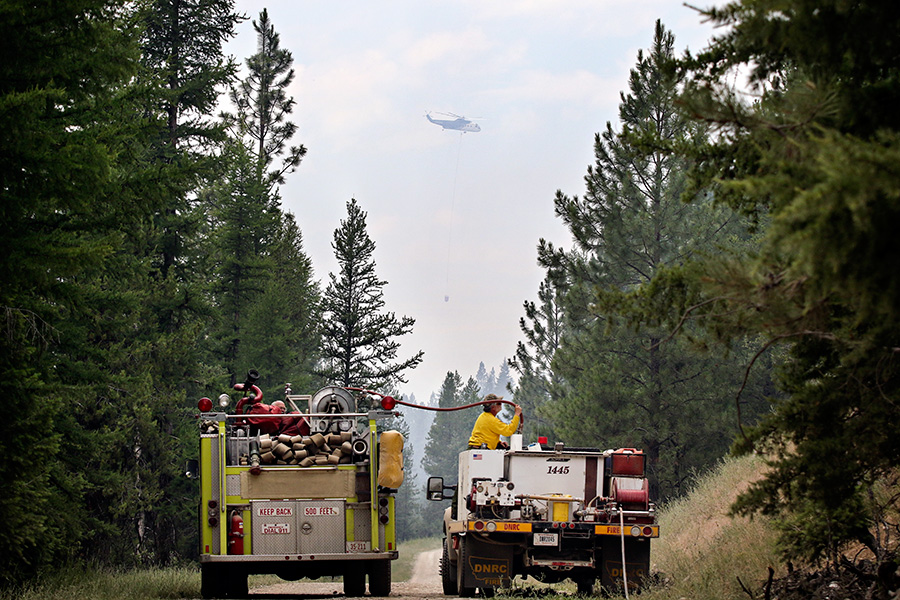Health Department's Heat Advisory: Protecting Your Health In Hot Weather

Table of Contents
Understanding the Heat Advisory and its Implications
A heat advisory is issued by the Health Department when prolonged periods of high temperatures pose a significant threat to public health. The criteria for issuing a heat advisory typically involve a combination of factors, including projected high temperatures, humidity levels, and the potential for heat-related illnesses. High temperatures, especially when combined with high humidity, make it difficult for the body to cool itself naturally through sweating. This can lead to a range of heat-related illnesses, from mild heat exhaustion to life-threatening heat stroke (also known as sunstroke).
- Definition of heat advisory and warning levels: Heat advisories are typically issued when the combination of temperature and humidity is expected to create dangerous conditions. Different warning levels (e.g., heat advisory, heat warning, heat emergency) indicate increasing severity of risk. Check your local Health Department website for specific definitions and thresholds.
- Symptoms of heat exhaustion and heat stroke: Heat exhaustion symptoms include heavy sweating, weakness, dizziness, headache, nausea, and muscle cramps. Heat stroke, a far more serious condition, is characterized by a high body temperature (above 103°F or 39.4°C), confusion, seizures, loss of consciousness, and rapid heartbeat.
- Vulnerable populations: Certain populations are particularly vulnerable to heat-related illnesses. These include the elderly, young children, individuals with chronic illnesses (heart disease, respiratory conditions, diabetes), and those who are overweight or obese. These groups require extra precautions and vigilance.
Protecting Yourself from Extreme Heat: Practical Steps
Taking proactive measures to protect yourself from extreme heat is crucial during a heat advisory. Remember, prevention is key to avoiding heat-related illnesses.
Staying Hydrated
Staying properly hydrated is paramount during hot weather. Drink plenty of fluids, even before you feel thirsty. Dehydration can sneak up on you, leaving you vulnerable to heat exhaustion and heat stroke.
- Recommended fluid intake during hot weather: Increase your water intake significantly compared to your usual amount. Aim for at least eight glasses of water per day, and more if you're sweating heavily.
- Avoiding sugary drinks and alcohol: Sugary drinks and alcohol can actually dehydrate you further. Stick to water, or sports drinks with electrolytes if you're engaging in strenuous activity.
- Recognizing signs of dehydration: Watch for signs like dark-colored urine, dizziness, headache, and fatigue. If you experience any of these, increase your fluid intake immediately.
Seeking Shade and Avoiding Peak Sun
Limiting your time outdoors during the hottest part of the day (typically between 10 a.m. and 4 p.m.) is essential. Seek shade whenever possible to reduce your exposure to direct sunlight.
- Optimal times for outdoor activities: Plan outdoor activities for early morning or late evening when temperatures are cooler.
- Utilizing shade structures, trees, and buildings: Use natural shade from trees, or seek shelter under awnings, umbrellas, or in air-conditioned buildings.
- Wearing protective clothing: Wear light-colored, loose-fitting clothing to reflect sunlight and allow for better air circulation.
Proper Clothing Choices
Clothing plays a significant role in protecting yourself from the sun's intense rays.
- Types of fabrics to wear in hot weather: Opt for lightweight, breathable fabrics like cotton or linen. Avoid dark-colored clothing which absorbs more heat.
- Importance of sun protection (SPF 30 or higher): Apply a broad-spectrum sunscreen with an SPF of 30 or higher to all exposed skin at least 15-30 minutes before going outside, and reapply every two hours, or more often if swimming or sweating.
- Wearing a wide-brimmed hat: A wide-brimmed hat provides additional shade for your face, neck, and ears.
Recognizing and Responding to Heat-Related Illnesses
Knowing the signs and symptoms of heat exhaustion and heat stroke is vital. Early intervention is crucial, especially with heat stroke.
- Symptoms of heat exhaustion: Dizziness, headache, nausea, weakness, heavy sweating, muscle cramps. Move to a cool place, rest, and drink fluids. If symptoms worsen, seek medical attention.
- Symptoms of heat stroke: High body temperature (above 103°F or 39.4°C), confusion, seizures, loss of consciousness. This is a medical emergency—call emergency services immediately.
- First aid measures for heat exhaustion: Move the person to a cool place, loosen clothing, apply cool, wet cloths, and offer fluids.
- When to call emergency services: Call emergency services immediately if someone shows signs of heat stroke.
Community Resources and Support During a Heat Advisory
Your community offers resources to help you stay safe during a heat advisory.
- Locations of cooling centers: Many communities establish cooling centers—air-conditioned public spaces—during heat waves. Contact your local Health Department for locations.
- Public transportation schedules and accessibility: Public transportation may offer increased service during heat advisories. Check local schedules and accessibility options.
- Community programs assisting vulnerable individuals: Check with local agencies for programs that provide assistance to elderly individuals or those with chronic conditions.
Conclusion
Extreme heat poses a serious threat to public health. Heeding the Health Department's heat advisory is crucial to protecting yourself and your loved ones from heat exhaustion, heat stroke, and other heat-related illnesses. By following these heat safety tips—staying hydrated, seeking shade, wearing appropriate clothing, and knowing the signs of heat-related illnesses—you can significantly reduce your risk. Remember to check on vulnerable family members, friends, and neighbors.
Stay safe and informed this summer by consistently checking the Health Department's heat advisories and following these essential heat safety tips. [Link to Health Department Website]

Featured Posts
-
 Novy Atlas Romskych Komunit Klucove Informacie O Zbere Dat V Aprili
May 13, 2025
Novy Atlas Romskych Komunit Klucove Informacie O Zbere Dat V Aprili
May 13, 2025 -
 Community Mourns 15 Year Old Killed In School Stabbing Funeral Details
May 13, 2025
Community Mourns 15 Year Old Killed In School Stabbing Funeral Details
May 13, 2025 -
 Springwatch Japan A Comprehensive Guide To Cherry Blossom Viewing
May 13, 2025
Springwatch Japan A Comprehensive Guide To Cherry Blossom Viewing
May 13, 2025 -
 Heatstroke Alert Delhi Government Issues Advisory Amid Rising Temperatures
May 13, 2025
Heatstroke Alert Delhi Government Issues Advisory Amid Rising Temperatures
May 13, 2025 -
 Landman Controversy Billy Bob Thorntons Defense Of Ali Larter And Angela Norris
May 13, 2025
Landman Controversy Billy Bob Thorntons Defense Of Ali Larter And Angela Norris
May 13, 2025
